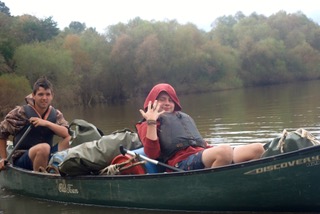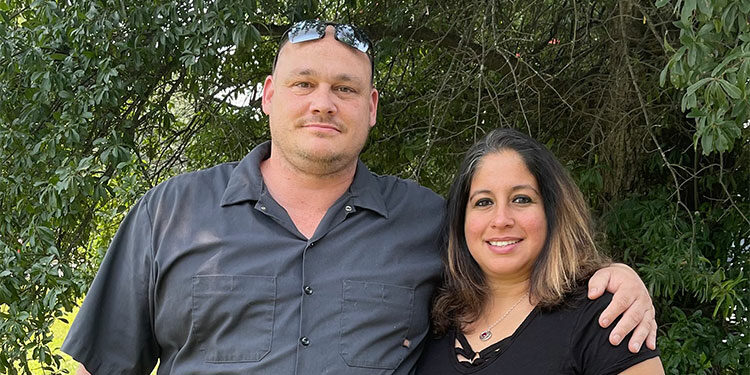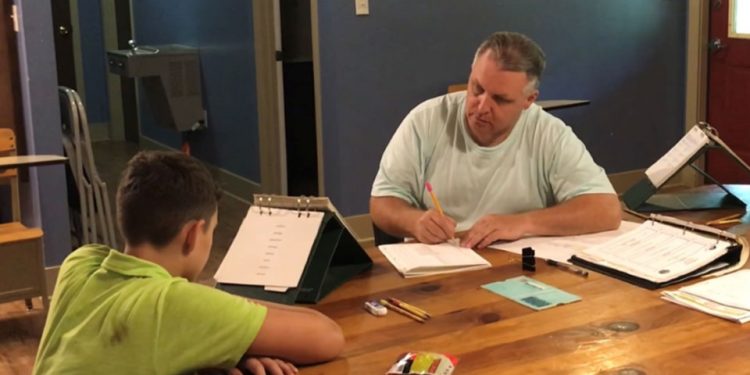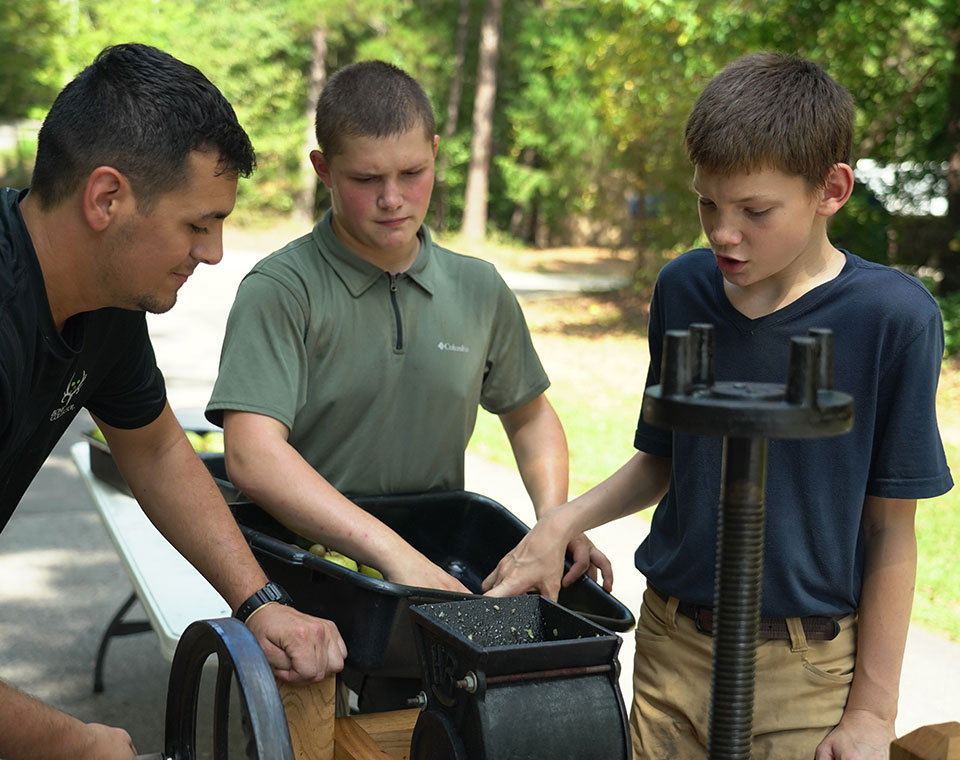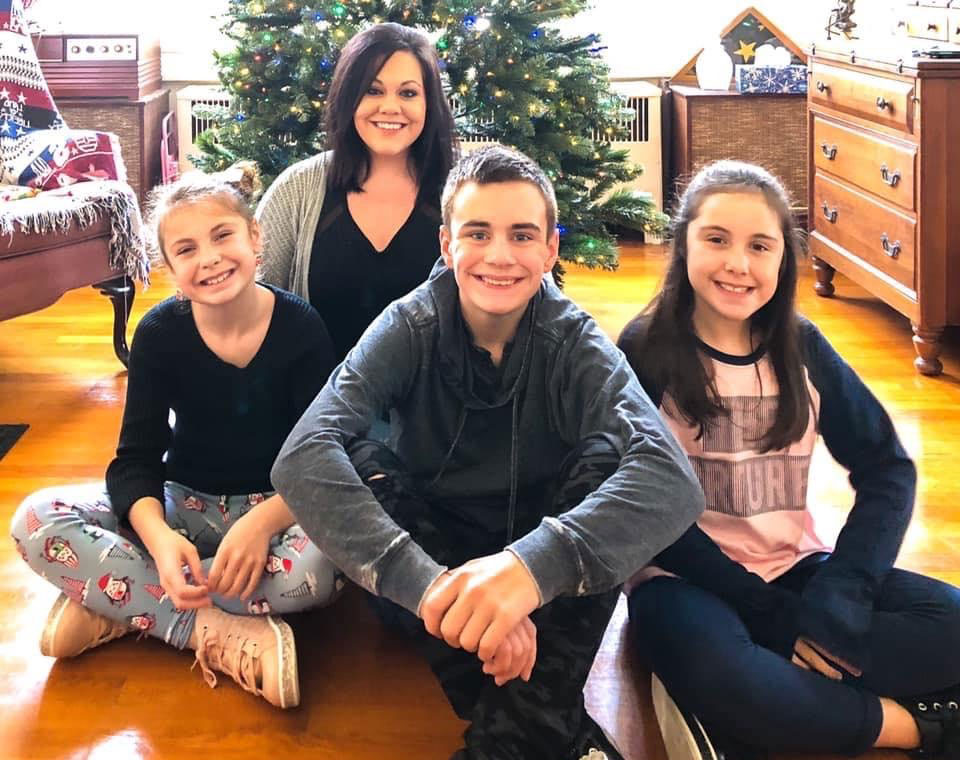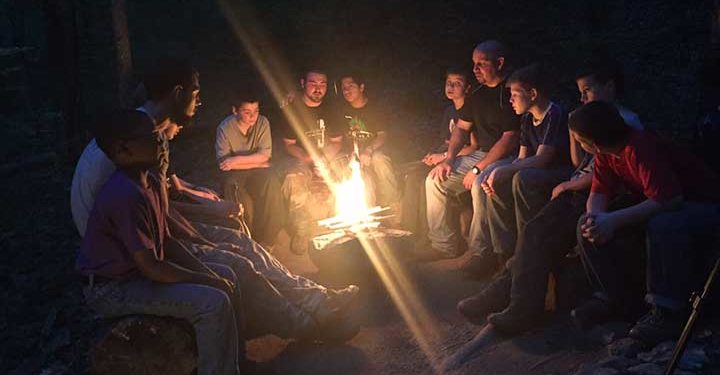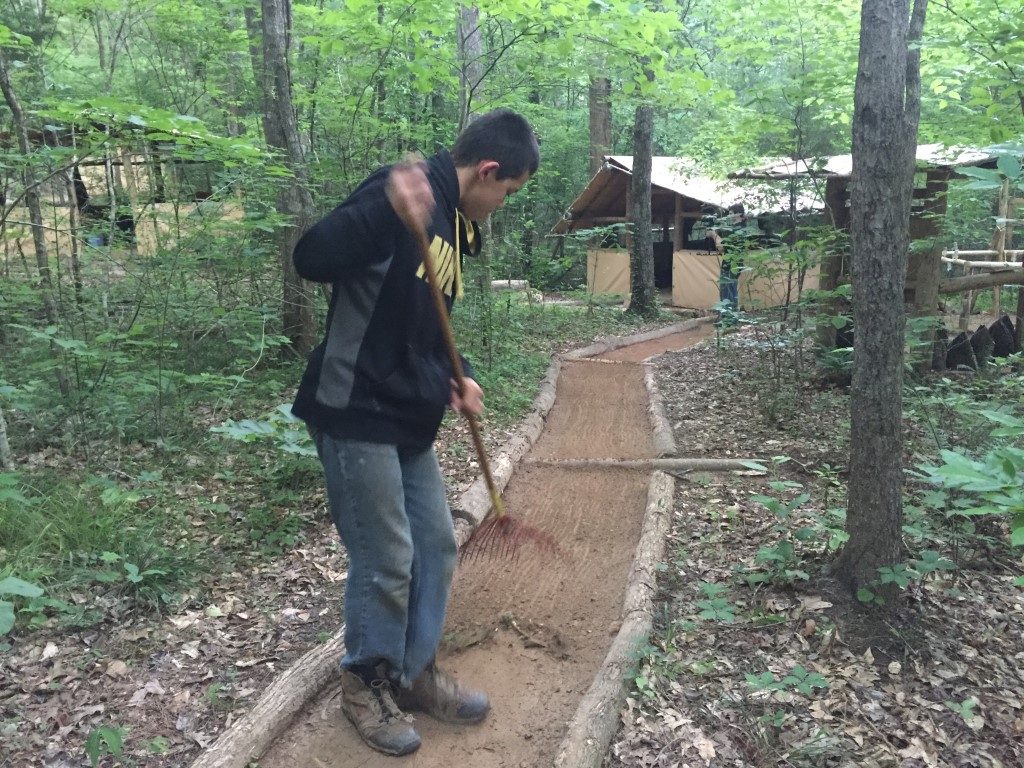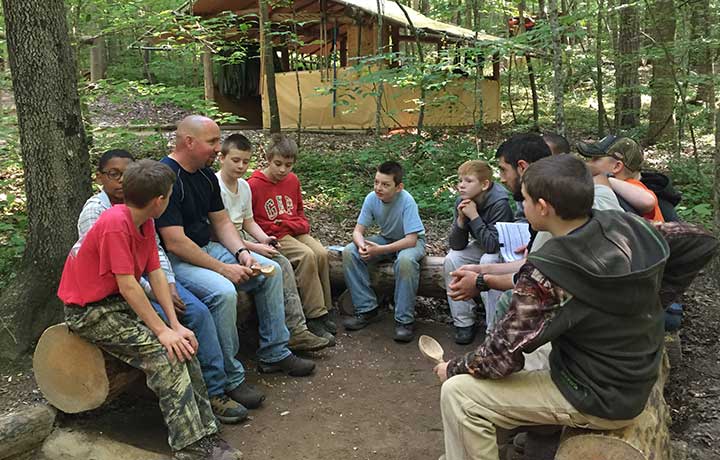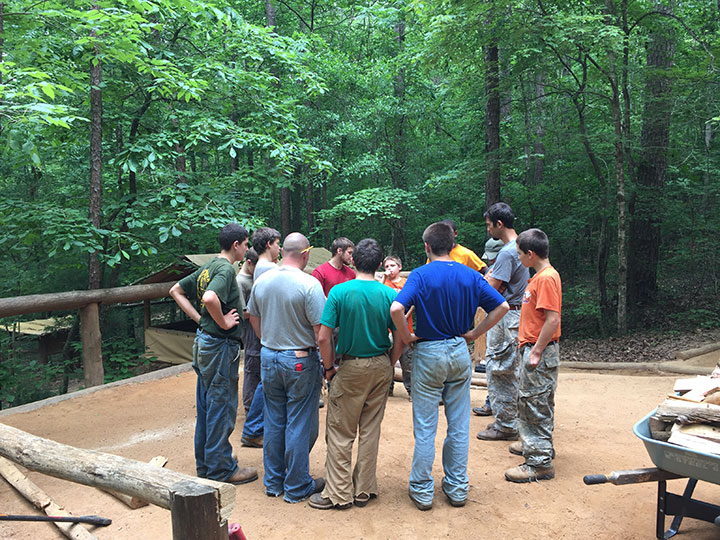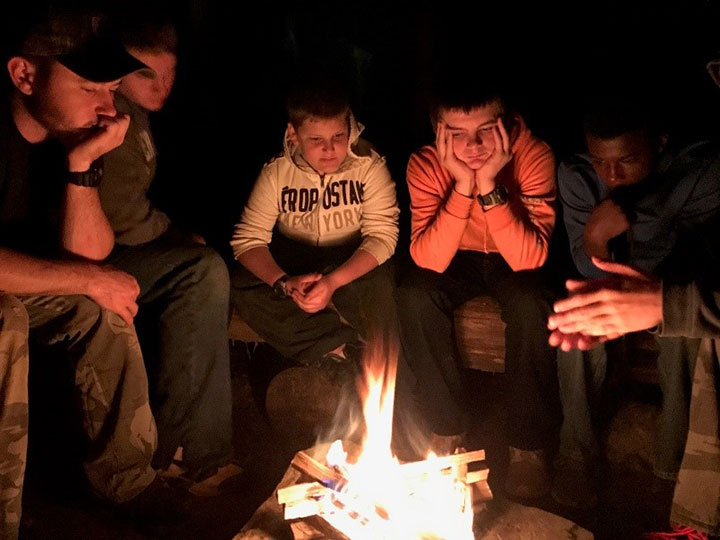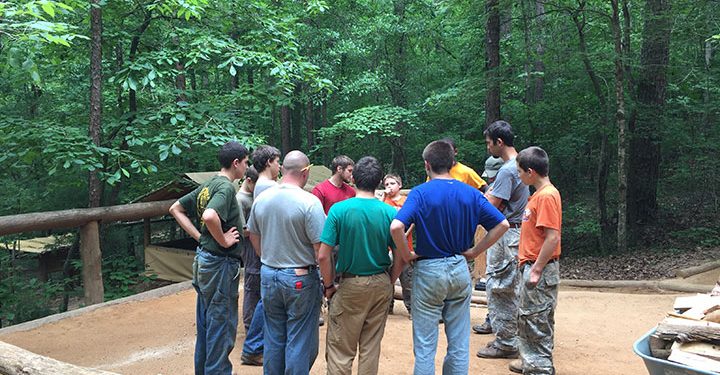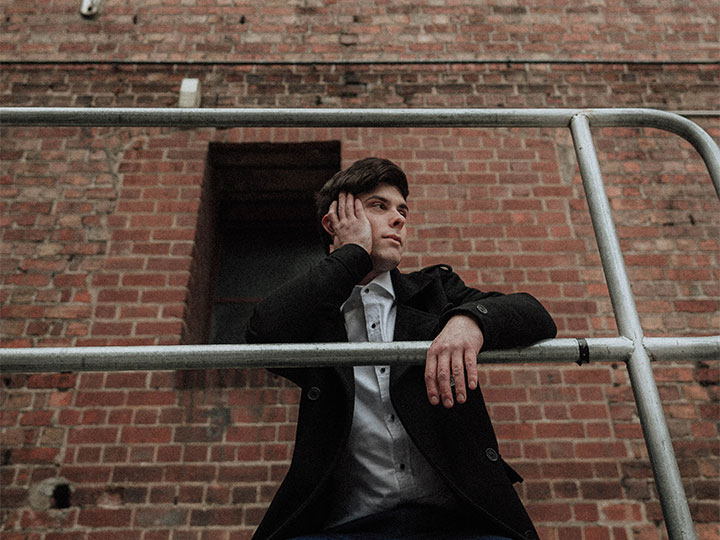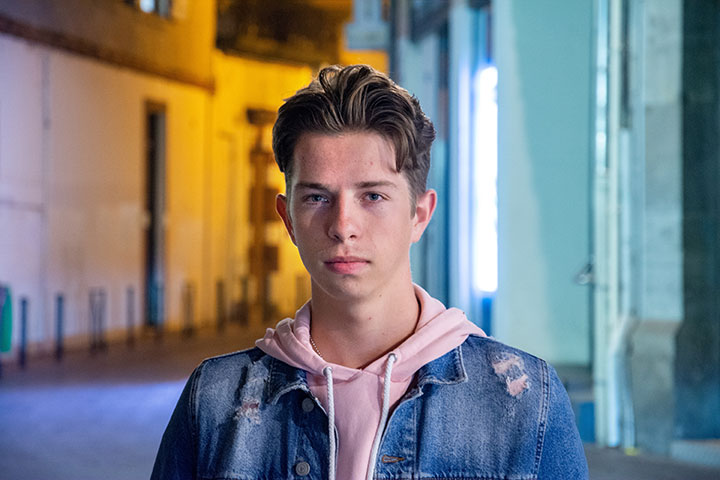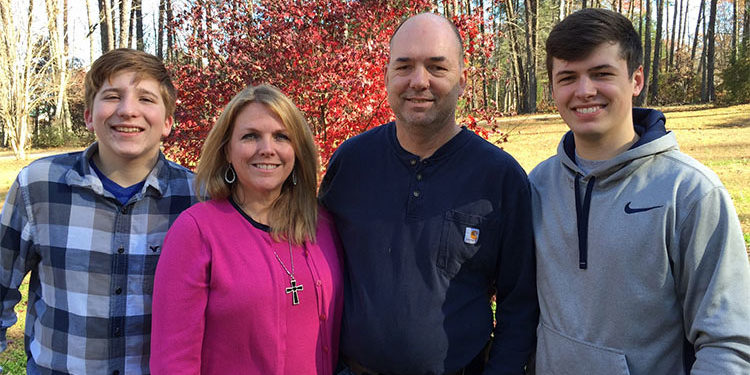“We Thought Love Would Be Enough!”
These families who adopted from foreign countries were often unprepared for the effects of their son’s previous experiences. Many boys came from orphanages where they experienced neglect. This can cause negative behaviors later in life. Other boys experienced abandonment and loss from their biological families. They frequently struggle to build relationships and trust with their adoptive families. The result is sometimes disarray and turmoil in the family.
“We did so much for our son; why doesn’t he appreciate it?” is a question that many of these parents ask themselves.
For years they did everything possible for their son. But their options were running out. They had no place to turn. They didn’t know what to do next. They were desperate.
Evan
Evan had experienced a lot of severe neglect in a Ukrainian orphanage. “He was severely underweight when we got him,” his mother Christine remembers. “I thought that we would just love on him, and that would be all he needed.”
“Because
he has no memory of that trauma and wasn’t verbal, he was not able to process
it,” she goes on. “He was not able to talk about it in therapy. He can’t recall
it, but it’s there.”
Things
really got bad with Evan when puberty hit. He was bullying other kids and
getting behind academically.
Once, after a violent incident, Christine told him that they knew he didn’t want to be this way. They were going to pray for an answer. He responded, “There’s nothing to pray about. God can’t fix me.” He had given up on himself.
Bradley
Many children adopted from foreign countries suffer from reactive attachment disorder (RAD). Bradley was one of them. “RAD is a condition in which a child doesn’t establish healthy attachments with parents or caregiver,” explained his mother Sharon. “It may develop if the child’s basic needs for comfort, affection and nurturing aren’t met.”
Children
with RAD thrive on chaos and upheaval. “Our family life was out of control,”
she recalls. “We couldn’t take him out in public. The more we showed him
affection, the more he would push us away. He was tearing our family apart!”
“Unless you live with a child with RAD, you have no idea what it’s like,” his father Scott relates. “Our closest friends and family members would comment on our supposed lack of parenting skills. We felt very alone!”
Hudson
“In
the orphanages, there aren’t enough caretakers for all the children,” Hudson’s
mother Tamela explains. “So they don’t get a lot of one-on-one attention. They
don’t get held and rocked. They do the best they can with the allocated
resources.”
Like many children from these orphanages, Hudson had developmental delays in many areas. He responded well to much of the therapy, but there were still behavior issues. He was finally diagnosed with RAD. “That rocked our world,” Tamela remembers. “We knew that it was going to be a sustained effort for the rest of our lives.”
“As time passed, it continued to get worse,” she continues. “When he tried to hurt another child at basketball camp, we knew that we had to do something.”
Josh
Josh was not in an orphanage, but he suffered early loss when his mother and twin brother died soon after he was born. In that culture, having twins was a curse. Since Josh was alone, he would have been treated as an outcast. He was rescued by missionaries and eventually adopted by Rodney and Gina.
When Josh turned seven, the hurts and feelings started to surface. He would keep all his feelings inside and refuse to talk about them. Then something would happen and he would erupt in fits of rage. They were at loss with how to deal with his issues.
He would take out his anger on Gina—hitting and throwing things at her. But they could not get him to talk about what was bothering him. Then he started hitting and disrespecting other people.
No Place to Turn
Their situations felt hopeless. These families tried many therapies and various methods to get help. Nothing seemed to work. They didn’t know what else to do. “Our son had every test known to man done on him,” one father said. “We were told that there was nothing they could do for him.”
“One
of the things about RAD is that the number of people you can rely on to help
gets smaller and smaller and smaller and smaller,” another father said.
“Since he was adopted from another country, we had no help from the Department of Social Services,” a father explains. “We were on our own. We didn’t know where to turn.”
In their desperation, these families searched far and wide for a solution. They often learned about camp from other families, or a professional recommended it. Many families were surprised that camp felt they could help their son. “Our family worker said they could help us with our son,” one mother said, “but… I didn’t believe him.”
Change Begins
“Camp provided the time and attention for our
son that we couldn’t,” a father observes. “They could take the time to stop
everything and deal with his issues. If he acted out, the whole group would
circle up and deal with the problem at hand. You just can’t do that in a family
environment. That’s the sort of thing that has brought change.”
“Camp provides a space for a boy to deal with his attachment difficulties,” explains Gary Barnhart, program director. “We have the time at camp for him to share when he is struggling. His chiefs and group will stop everything to focus on the present distress. As he begins to open up, the others speak into his life in a caring and understanding way. Over time, his brain will start to reframe relationships as he learns to express what he is feeling and begins to trust others.”
“Everything
we do at camp, we do together,” Daniel Hochstetler, executive director, said.
“The constant interaction with his chief and the other campers fosters trust. As
they solve problems, they are able to get below the surface of his acting out
to see what is really bothering him. As they care and help each other, the boy
becomes part of the solution – not just a problem. He begins to believe that he
can be different.”
Families often notice change within a few months at camp. For many boys, it’s learning to react to problems in a more productive manner. “On one home visit, Josh was having a bad attitude,” his father explained. “When asked what was going on, instead of getting angry like before, he admitted it and explained why and changed his attitude.”
“His
first home visit was amazing,” another mother remarked. “He was different,
especially with me. To have him look at me and say ‘yes ma’am’ – that was
priceless. Six weeks at camp accomplished more than all the other things we
have done throughout the years.”
“You always know that camp has your back,” comments Scott. “You always know that they are only looking out for the best for your child. You can be open and honest with the staff because you know they understand your situation. They made us feel safe.”
Life Goes On
“The past few years have been a whole lot
easier,” Warren explains. “It’s not been a cake walk, but we now have the tools
to work through our problems. I don’t where he would be without camp. He was
headed for some type of incarceration.”
“Camp
helped his decision making,” Christine said. “He now has the wherewithal to
make a good decision. Now it is up to him. When he makes a bad decision, he can
process what he has done, where it can lead, and what he can do about it.”
Josh has been home a few months. He still has things to work through and it has not always been easy. “He still gets angry, but it’s what he does with it that has changed,” Rodney said. “When issues surface, he’s quick to say ‘That’s not right, lets change this.'”
“Camp takes something from unmanageable chaos to manageable chaos.” A father explains. “It’s still hard, but he doesn’t end up with the same outbursts. We thought we could bring these boys into our home and change them with a lot of love. But the hurts and scars were so deep that we realized that we needed help.”
“When a boy graduates and goes home, the family is given a renewed hope that things can be better,” Daniel said. “With all that they have been through, many families quit believing that they can be a healthy family. The camp experience renews their passion. It gives them the energy, courage and hope to move on. Camp doesn’t fix the boy. We help them understand what the problems are which gives them the confidence and tools to work through them.”

